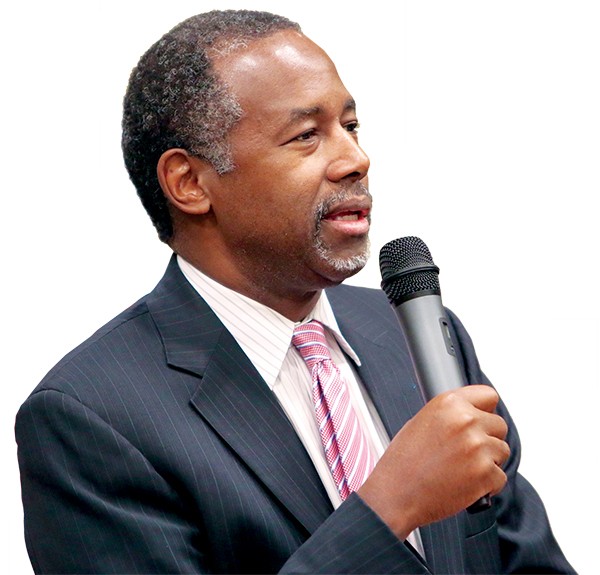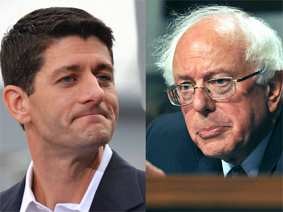Representative Maxine Waters stirred up a big crowd in New Orleans recently by using extreme language to critique Ben Carson, the secretary of Housing and Urban Development (HUD). Waters, the top Democrat on the House Financial Services Committee, said Carson “knows nothing” about the housing agency’s mission and “doesn’t care about people in public housing,” adding that she would not be polite if and when Secretary Carson came before her to testify. “If he thinks … I am going to give him a pass,” she said, “I am going to take his ass apart!”
Waters also said that an earlier comment from Carson, in which he drew a parallel between the aspirations of black slaves and the hopes of people who voluntarily immigrated to America, was evidence that he “doesn’t know the difference between an immigrant and a slave.”
Yes, Waters was throwing around strong words to stir up laughter at the expense of President Trump’s only black cabinet secretary. But beyond the trash talk there is an important political debate for black America.
The heart of Waters’ anger at Carson goes to what he said about poverty in a May radio interview with Armstrong Williams. Carson said: “I think poverty, to a large extent, is also a state of mind.”
Given the high poverty rate among black Americans (24 percent), especially black children (near 40 percent), Waters reacted with alarm. Poverty is not just a mental state to her. She knows the horrid reality of poverty in her Los Angeles district.
Overall, more than 43 million Americans lived in poverty in 2015 — about 13.5 percent of the population, according to the Census Bureau. That number includes over 14 million children — about 20 percent of all American children.
 Dreamstime | Richard Koele
Dreamstime | Richard Koele
Ben Carson
But Carson was not putting down the poor. He grew up in poverty in Detroit with a single mother. He cares about poor people and speaks with evangelical passion about the power of personal responsibility to push young people out of poverty. Carson’s belief in personal responsibility puts him at odds with people who point at the capacity of “systemic poverty” to defeat even the smartest, most ambitious young person.
Those voices say that a combination of broken families, bad neighborhoods, bad schools, and the persistence of racism can snare anyone and keep them on the margins of society, regardless of their personal character.
But the critics are missing a key point. Liberal or conservative, we can all agree it is important to encourage anyone living in poverty to look for a way out, to find the path to a better life. If the poor wait on the government to end their poverty, they will be waiting a long time.
I have known Carson for several years. My son Raffi is his press secretary. But my view, which is sympathetic to Carson’s description of poverty as a “state of mind,” is not a result of loyalty to him. I grew up in Section 8 housing and have experienced being poor. Social science data confirms that the best ways for people of all colors to avoid poverty is to stay in school and graduate, take even a menial job to build a resumé and connections, don’t marry until you have a career on track, and don’t have a child until you are married. People who follow that prescription have close to zero chance of living in poverty.
I think major black voices should join Carson in stating that there are steps individuals can take — and advise their children to take — to win their personal fight against poverty. Conservatives who favor small government are currently intent on limiting federal entitlement programs. Trump’s budget includes harsh cuts that would make poverty worse for many — including the $6.2 billion proposed cuts to HUD. Those conservatives are deluding themselves if they think big cuts are going to help the poor. But liberals are deluding themselves if they don’t see the good in Carson offering hope to people in need of inspiration.
Republicans and Democrats need to support the inspiring message that fired up the growth of the black middle class a generation ago: We shall overcome.
Juan Williams is an author and a political analyst for Fox News Channel.







